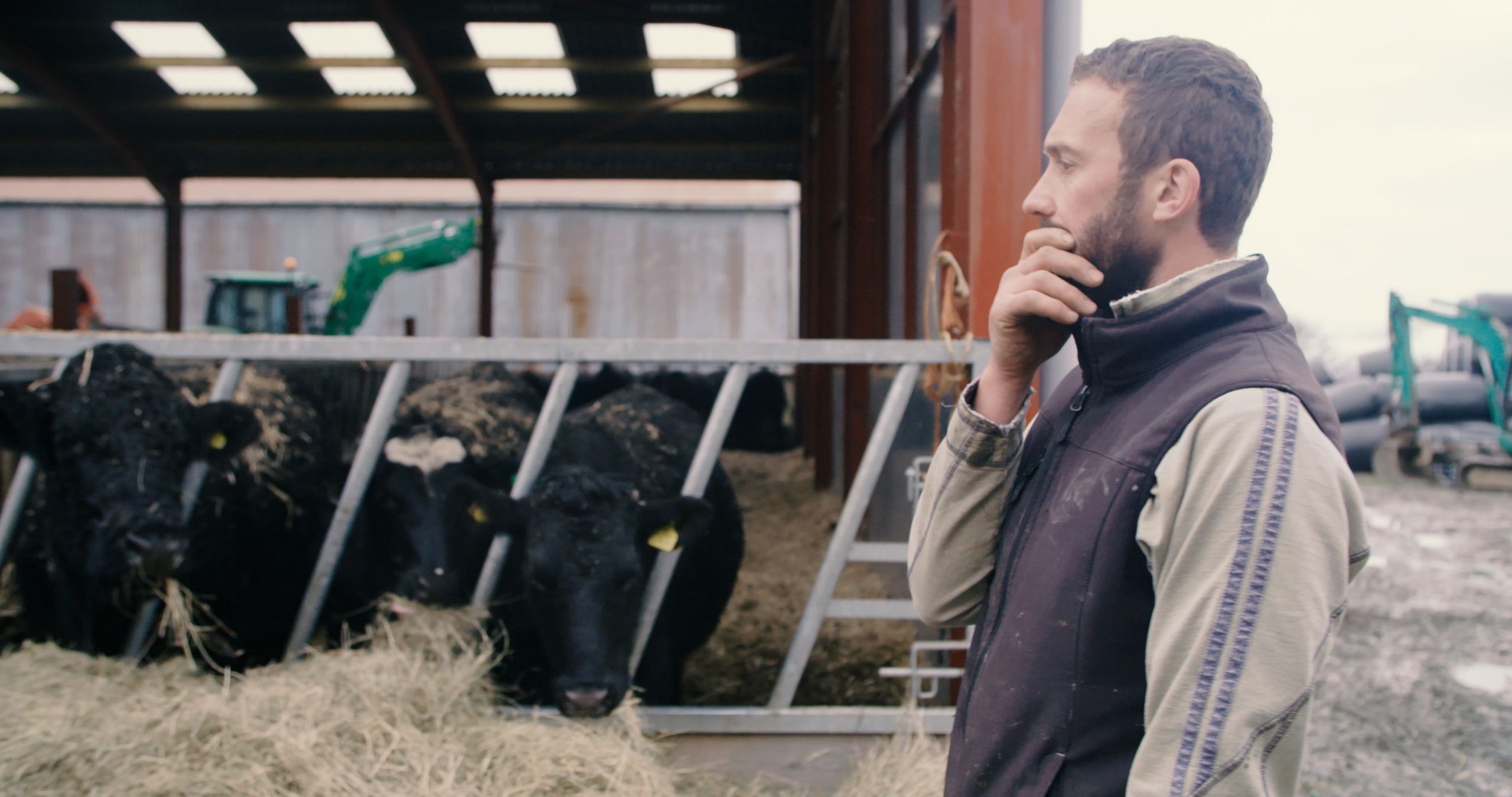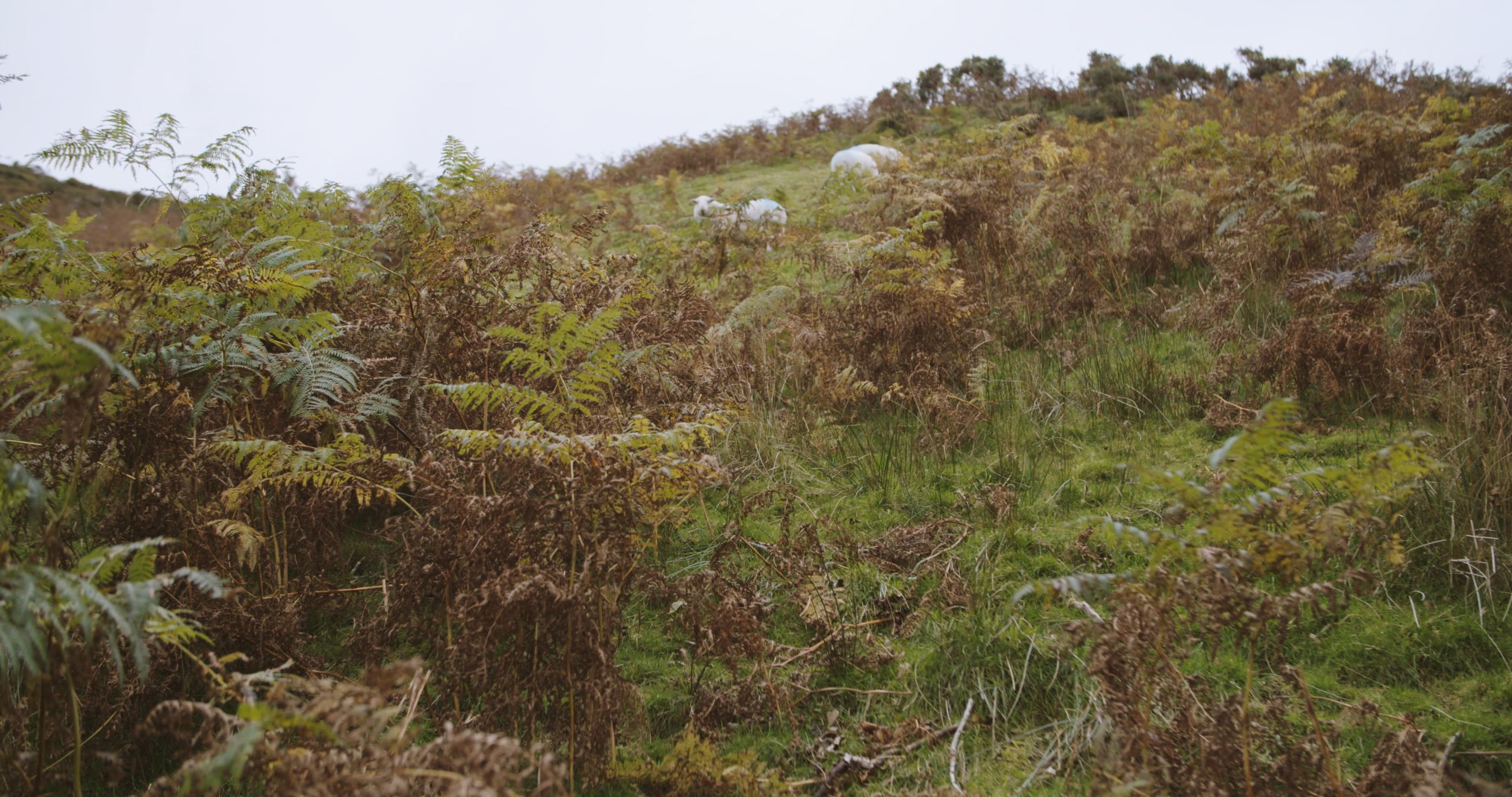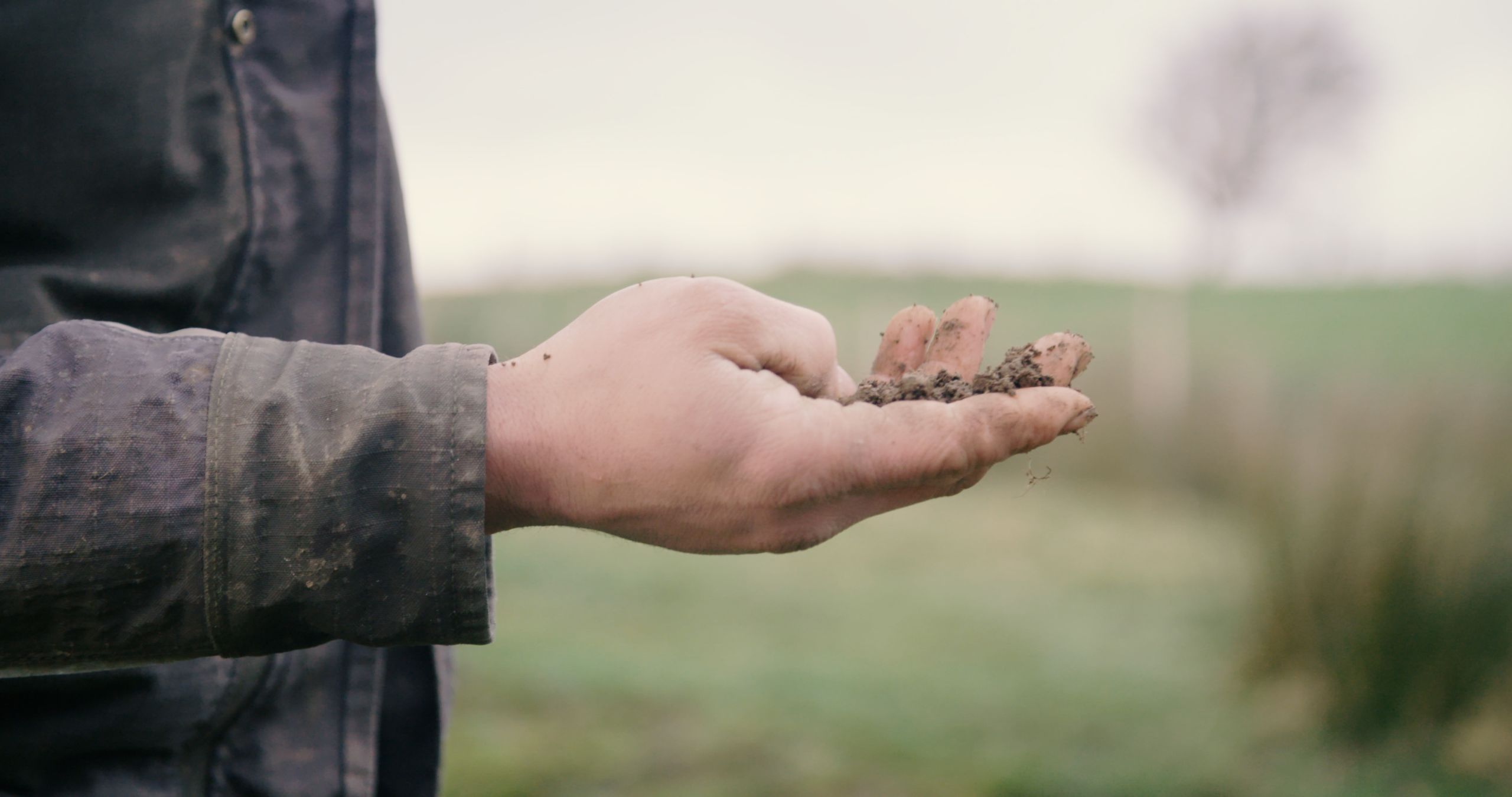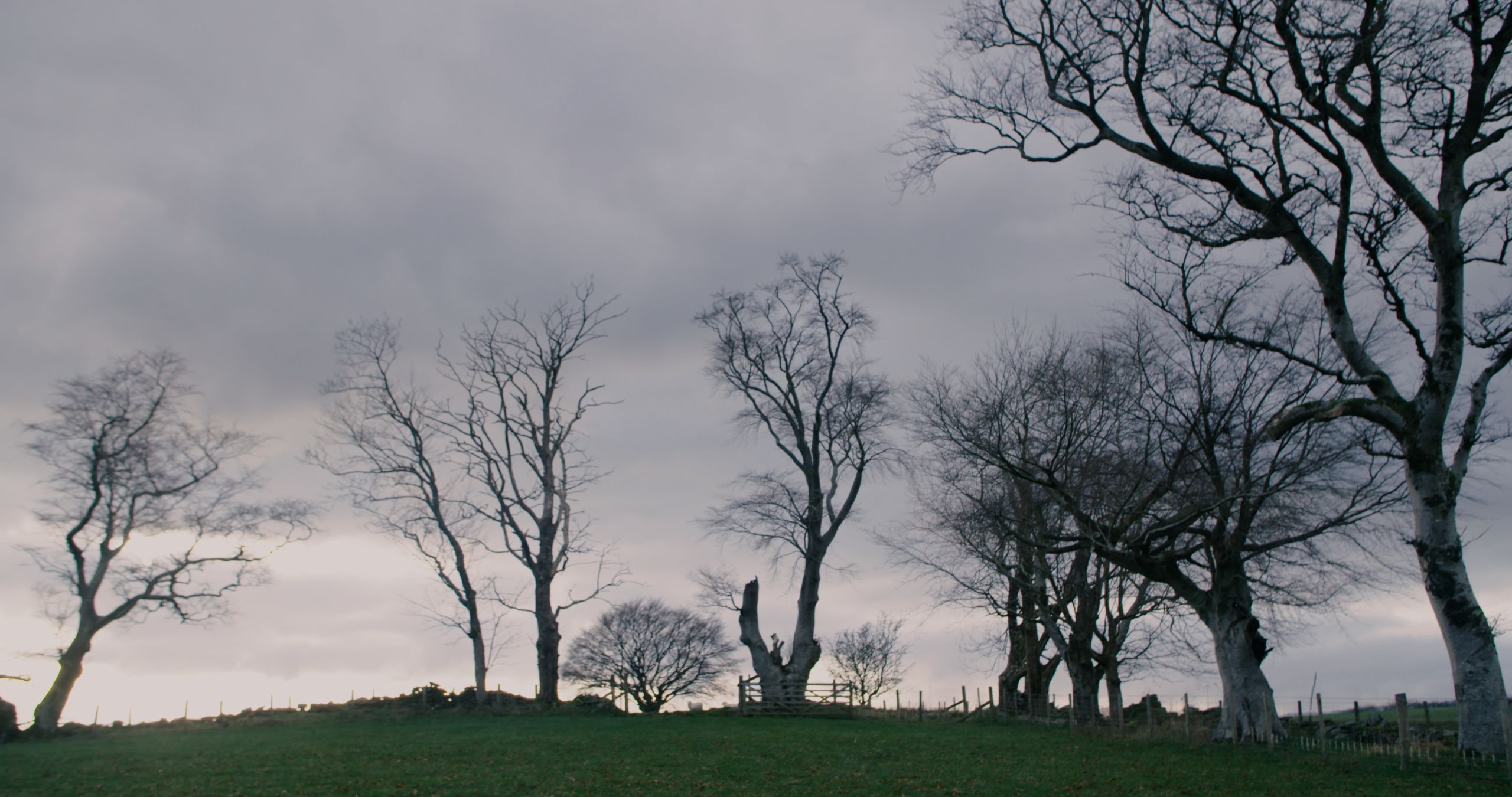WHY OUR RELATIONSHIP TO FARMING NEEDS TO CHANGE
Geraint Davies is a Welsh farmer with a progressive view of the environment, livestock farming and sustainability.

I'm Geraint Davies. I farm here at Fedw Arian just outside Bala, we're a typically upland and hill farm; farming, beef, cattle, and sheep. We run about twelve hundred acres here all together.
When my grandfather moved here in the early 60s, it was food production that was top of the list for agricultural policy. They were encouraged to just produce food. It has come at the cost to the environment. You can't blame the farmer for doing it, a growing population needed feeding.
15 years ago this was an intensive farm and for me it wasn't sustainable.
We kept having to rent blocks of ground away and we were travelling a lot. Buying lots of concentrates to help feed these animals.
It wasn't sustainable for my business or the environment and animal health was at risk, having them in all different parcels of land. So we decided to scale back and focus on what we can actually achieve here.

"It's kind of transformed the farm and conservation grazing is a huge part of what we want to do. We’re utilising everything that's in our full control. To look after the environment, and produce food off it, in a sustainable way."
The suckler cows go up on the hills in the summer months, something that hadn't been done here in three generations of farming. I'm quite happy it's worked. It has its challenges, but it's been positive for what was an experiment to start off with and now we've built on it.
I’ve really put my heart and passion into conservation grazing on the hills with the cattle and the sheep. They sweep it now. The cattle opened up all the grazing up there and spread the sheep further out. So the core grazing is making a positive impact on the environment.
You walk amongst your animals and you can point to something that's not right. Just by the way it looks. It just doesn't look the same as the others. Its ears might be just down an inch. It'll catch your eye. You get to know your animals because you're with them pretty much every day, every day of the year, and you get to know how they look when they're healthy.

I dread calving time because I hate losing a calf.
You'd be sitting in the house, maybe 11 o'clock at night, and you just get a feeling that she's close to calving tonight. You just get this deep feeling inside yourself - I've got to go out and check the animal now - it doesn't matter where you are.
A lot of people have that vision of a farmer shouting - ‘get off my land’.
The portrayal of farmers, you get a farmer with a flat cap, in a tweed jacket, pressing against the gates, chewing a piece of straw. Yeah, they exist. But nine times out of ten we're not like that. You know, we're very approachable people. We want to talk about what we are doing.
I'm more than willing to talk about farming any time because I need to understand my consumer and the consumer needs to understand the farmer that produces the produce for them.
The way the media portrays farming is wrong. Miles and miles off the mark.
There's some fantastic advocates of farming out there, but not enough. We need more. We really do need more.
Food culture. And the connection between the urban side of it and the rural side of it is absolutely broken to bits in the UK. You're talking five, six generations of it being broken and it's quite sad.
People don't want to know where the food comes from.
You're going to lose out on so much, when you don't want to know. That is a big shame. We really need to create that connectivity again.
We've been pushed to think that chemically spraying every single inch of your farm to kill weeds is the best thing to do because you don't want weeds. But you've got wildlife that you crave to see in
your farm.

We need to forget about being these immaculate farms. Weed free farms. And live with weeds. You do get the comments, 'oh, bloody weeds' and so on. But then the goldfinches are using the seed heads that have gone to flower, they're making the most of them.
Being Welsh is something really deep within me that I'm proud of. I want to keep this language, the culture that we have going, passing it on to the next generation and teaching them of its importance and so on.
This area of Meirionnydd, over 55 percent of people are employed directly in agriculture. So you can see how agriculture shapes our history and our culture here. Keeping these farming families in these areas is vitally important for the future. We can't afford to lose it.
Geraint was interviewed by filmmaker Mark Jones.
Mark Jones is a documentary filmmaker based in the south west of England. He works internationally and frequently collaborates with researchers on knowledge exchange and impact projects. Recent partners include: Oxford University, Queensland University (Australia), Fribourg University (Switzerland), Battersea Arts Centre and the National Trust.
All content © Mark Jones
